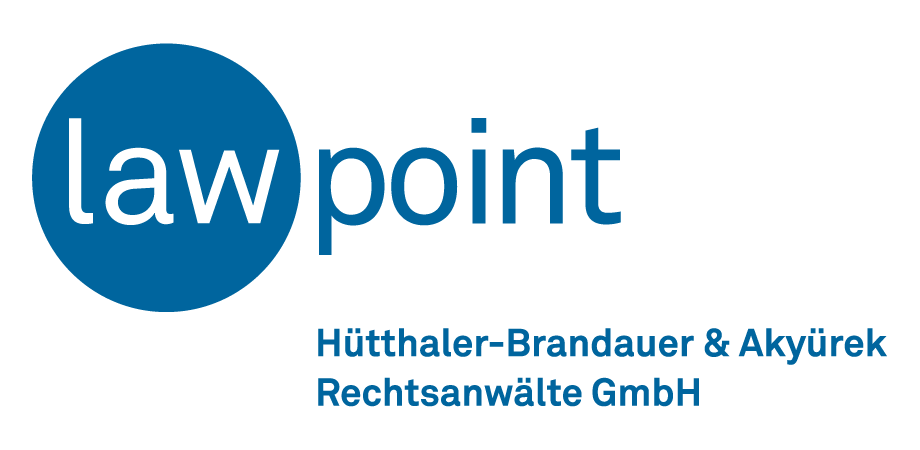Request for a preliminary ruling on cross-border healthcare
Supreme Court, 4 Ob 20/23d, Request for a preliminary ruling from 25.1.2024 – Cross-border healthcare.
A lawsuit brought by the Austrian Dental Association against a dentist in Austria leads to extensive questions in the context of a request for preliminary ruling by the Austrian Supreme Court to the ECJ:
The Austrian Chamber of Dentists sought an interim injunction to prohibit the Austrian dentist from directly or indirectly participating in dental activities performed in Austria by foreign companies that are neither authorized to practice the dental profession under the Austrian Dentists Act nor have a hospital operating license under Austrian law, for example by taking impressions of misaligned teeth, even digitally using an intraoral scanner. This dental activity of taking impressions of misaligned teeth served two German companies: One had a license under German hospital law, with which it operated a dental care center, dental clinic, the other company produces transparent oral splints and advertises them to the effect that an appointment could be made with a so-called partner dentist for the anamnesis and impression. The dentist sued by the Austrian Dental Association was such a partner.
The Supreme Court referred the following questions to the CJEU:
1.1. Does the scope of application of Article 3(d) of Directive 2011/24/EU of the European Parliament and of the Council of 9 March 2011 on the application of patients' rights in cross-border healthcare (Patient Mobility Directive), according to which, in the case of telemedicine, healthcare is deemed to be provided in the Member State in which the healthcare provider is established, extend only to the purposes of reimbursement within the meaning of Article 7 thereof?
1.2. In the event that question 1.1. is answered in the negative, does Article 3(d) of the Patient Mobility Directive (Directive 2011/24/EU) stipulate a general country of origin principle for telemedicine services?
1.3. Does Directive 2000/31/EC of the European Parliament and of the Council of June 8, 2000 on certain legal aspects of information society services, in particular electronic commerce, in the Internal Market (E-Commerce Directive) provide for a country of origin principle for telemedicine services?
2.1. Does "healthcare in the case of telemedicine" within the meaning of Article 3(d) of the Patient Mobility Directive, Directive 2011/24/EU, refer exclusively to individual medical services which are provided (across borders) with the support of information and communication technologies (ICT), or to an entire treatment contract which may also include physical examinations in the patient's country of residence?
2.2. If physical examinations can be included, must ICT-supported services predominate in order to constitute "healthcare in the case of telemedicine" and, if so, what criteria should be used to assess whether they predominate?
2.3. Is medical treatment as a whole to be regarded as a cross-border healthcare service within the meaning of Article 3(d) and (e) of the Patient Mobility Directive, Directive 2011/24/EU, if the healthcare provider established in the other Member State from the patient's perspective, with whom the patient has concluded a treatment contract (here: dental clinic), provides part of the overall treatment using ICT, while the other part of the overall service is provided by a healthcare provider (dentist in private practice) established in the same Member State as the patient?
3.1. Is Article 2(n) in conjunction with Article 3(d) and Article 4(a) of the Patient Mobility Directive, Directive 2011/24/EU, and in conjunction with Article 5(3) of Directive 2005/36/EC of the European Parliament and of the Council of 7 September 2005 on the recognition of professional qualifications (Professional Qualifications Directive) Must Article 5(3) of Directive 2005/36/EC of the European Parliament and of the Council of 7 September 2005 on the recognition of professional qualifications (Professional Qualifications Directive) be interpreted as meaning that a dental clinic established in Germany must comply with the national professional, statutory or administrative rules of conduct applicable in Austria (in particular Paragraphs 24, 26 and 31 of the Austrian Dentists Act) in cases of 'healthcare by telemedicine' in Austria?
3.2. Is Article 5(3) of the Professional Qualifications Directive, Directive 2005/36/EC, to be interpreted as meaning that a healthcare provider moves to another Member State if he provides purely ICT-supported medical services? If not, is there a transfer to another Member State if he has physical examinations or treatment carried out by agents in the patient's country of residence?
4. Does the freedom to provide services pursuant to Art 56 et seq. TFEU preclude the provisions of the Austrian Dentists Act, which in §§ 24 et seq. ZÄG primarily provides for the direct and personal exercise of the profession and only allows the free movement of services "temporarily" for "EEA nationals" within the framework of § 31 ZÄG, namely for constellations such as the present one, in which a foreign dentist - in principle permanently - provides services within the framework of a uniform treatment contract partly ICT-supported from abroad (in the sense of a cross-border correspondence service) and partly in Austria through the involvement of a professionally authorized Austrian dentist as a vicarious agent.


